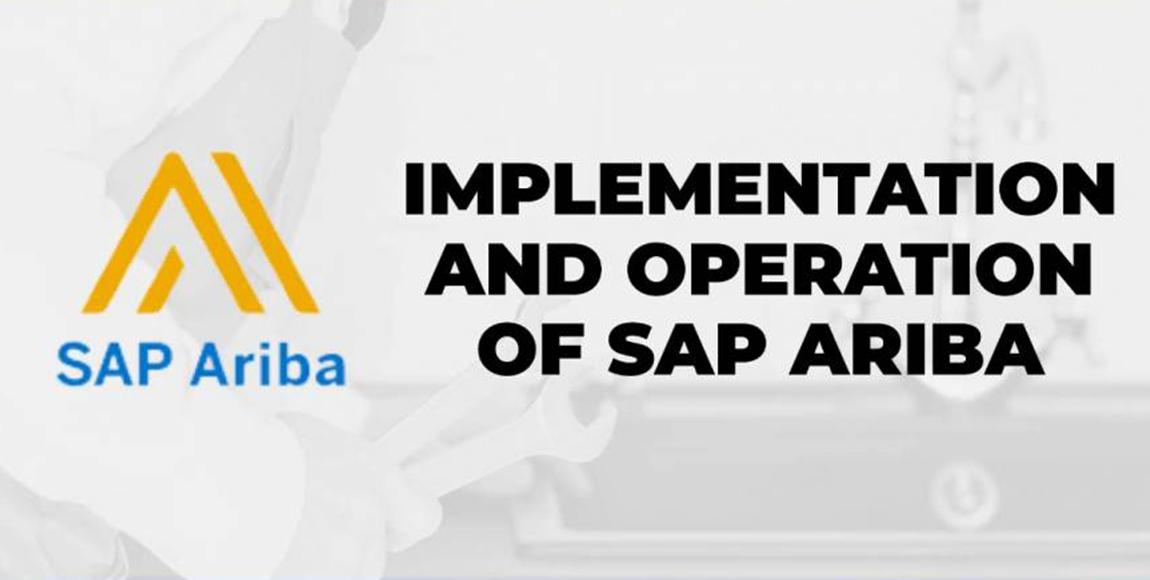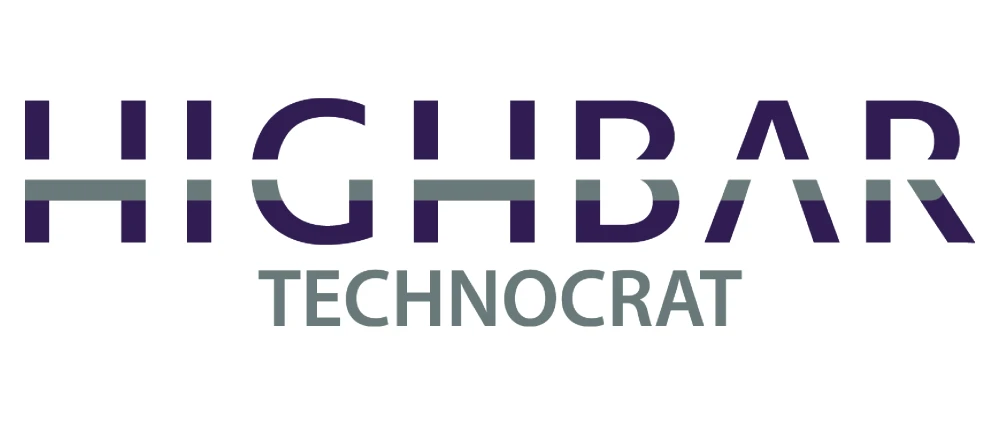Implementation and Operation of SAP Ariba
- Highbar Technocrat
- Blogs
- May 25, 2023
Connect With Us
Implementation and Operation of SAP Ariba
- Highbar Technocrat
- Blogs
- May 25, 2023
Connect With Us

A cloud-based solution for purchasing and inventory management, SAP Ariba is designed by SAP. It lets buyers and sellers connect and do business on a centralized platform. As a result, the entire procurement process may be digitally transformed thanks to SAP Ariba.
SAP Cloud ALM assists SAP Ariba in a variety of ways. You will be able to implement and run intelligent cloud and hybrid business solutions with the assistance of SAP Cloud ALM. You can use a native cloud solution that is ready to use right out of the box. This solution is the central entry point for managing your SAP landscape and has content-driven guided implementation and fully automated operations. Both your cloud subscription and your SAP Enterprise Support plan have already included SAP Cloud ALM.
The following are some ways in which SAP Cloud ALM assists SAP Ariba:
- Offers a transparent and step-by-step methodology, based on SAP Activate, which is a methodology that is utilized in S/4 HANA. Customers are given the ability to start quickly, build intelligently, and run, all while benefiting from constant innovation in the cloud and anywhere else for the adoption and expansion of new capabilities and processes throughout your organization.
- Contains knowledge based on industry standards and best practices for the execution of your SAP Ariba procedures
- Integration of the supplies and monitoring of any exceptions to reduce interruptions
- Standard operating procedures and error handling are orchestrated and automated inside this system.

What does SAP Ariba stand for?
The SAP Ariba Kaufhaus is run by Swisscom
SAP Ariba serves as the “Swisscom Kaufhaus,” also known as the “Swisscom department store,” at Swisscom. This is where employees can manage their travel and expense accounts, hire staff, make requests for training, purchase facilities, make requests for business solutions, and purchase consumer goods.
SAP Cloud ALM for Implementation
Now that we have that out of the way let’s look at how SAP Cloud ALM supports SAP Ariba in deployment and operation.
There are many different tiles that each have a purpose that assists in completing a project. Some examples of these functions include Project Management, Process Management, Requirements Management, Features (Deployment, Transports), Test Management, and Analytics.
Define the scope, and choose the processes to be followed
When we have finished setting up a project in SAP Cloud ALM, we can build a “Scope” and choose the appropriate solution scenarios to include. As a direct consequence of this development, we can now utilize the SAP Best Practice Processes for SAP Ariba.
The entirety of the SAP Best Practice Content is constantly accessible online and is kept up to date by SAP consistently. A significant benefit of using a cloud solution is that the content can be relied on to be current at all times.
During a project, the scope and the processes that were picked serve, in addition to their other functions, as an overview of the selected methods’ realization state.
The Value Flow and the Process Flow of the Solution
Diagrams of the “Solution Value Flow” and the “Process Flow” are provided by SAP for every Best Practice Process that it implements.
Notes, Tasks, and Requirements for the User Stories
Using these graphical methods, you can begin the “Fit/Gap” or “Fit Standard” workshops and start collecting Requirements, User Stories, Tasks, or notes immediately.
Their production is relatively simple; all required is to generate them directly from the process diagram.
The newly produced Requirement is displayed on the right side of the process diagram, and it is instantly linked to the process that is relevant to it.
Traceability of the Resolution Process
You may get an overview of the current state of a process, its associated requirements and user stories, tasks, and the status of those tasks, as well as the current state of its related tests, here.
Project Overview
The hearts of every project manager just started racing when they saw this overview. At-a-glance access to all information regarding the project, derived from data taken in real-time from the system, provided both to and for all parties participating in the project. This makes it possible to control and keep an eye on a project.
SAP Cloud ALM for Operational Management
- Monitoring, automation, and notification were the primary focuses of this section of SAP Cloud ALM.
- Additionally, the entirety of Landscape Management is included within the scope of the Operations section.
As you are aware, this aspect of SAP Cloud ALM is more on the technical side.

Manage and Keep an Eye on SAP Ariba with the Help of SAP Cloud ALM
There is the potential to set up integration and exception monitoring with SAP Cloud ALM for the following SAP Ariba products if you use SAP Ariba:
- SAP Ariba Sourcing
- SAP Ariba Procurement
- SAP Ariba Network
- SAP Ariba Cloud Integration Gateway (CIG)
Landscape Management
To begin transmitting data from SAP Ariba to SAP Cloud ALM, you will first need to establish the relevant configurations on SAP Ariba. These will enable the connection and allow you to use the API. You must create a new Service in SAP Cloud ALM to use SAP Ariba.
A Brief Overview of the Monitoring Utilizing SAP Cloud ALM
Within SAP Cloud ALM, there are several distinct varieties of monitoring to choose from:
- Business Process Monitoring
- Integration and Exception Monitoring (as shown in the example for SAP Ariba)
- Synthetic and Real User Monitoring
- Job and Automation Monitoring
- Health Monitoring
Conclusion
SAP Cloud ALM currently provides a wide variety of tools and a significant amount of content that can assist with the deployment and operation of SAP Ariba.
The use of SAP Cloud ALM can be initiated at any point in time. At the outset of every project, it is a good idea to think about the different domains in which SAP Cloud ALM can benefit.
The rapid availability of SAP Cloud ALM and the fair usage rights for clients of SAP Enterprise Support or customers that utilize an SAP Cloud solution are two significant advantages of using this service.




